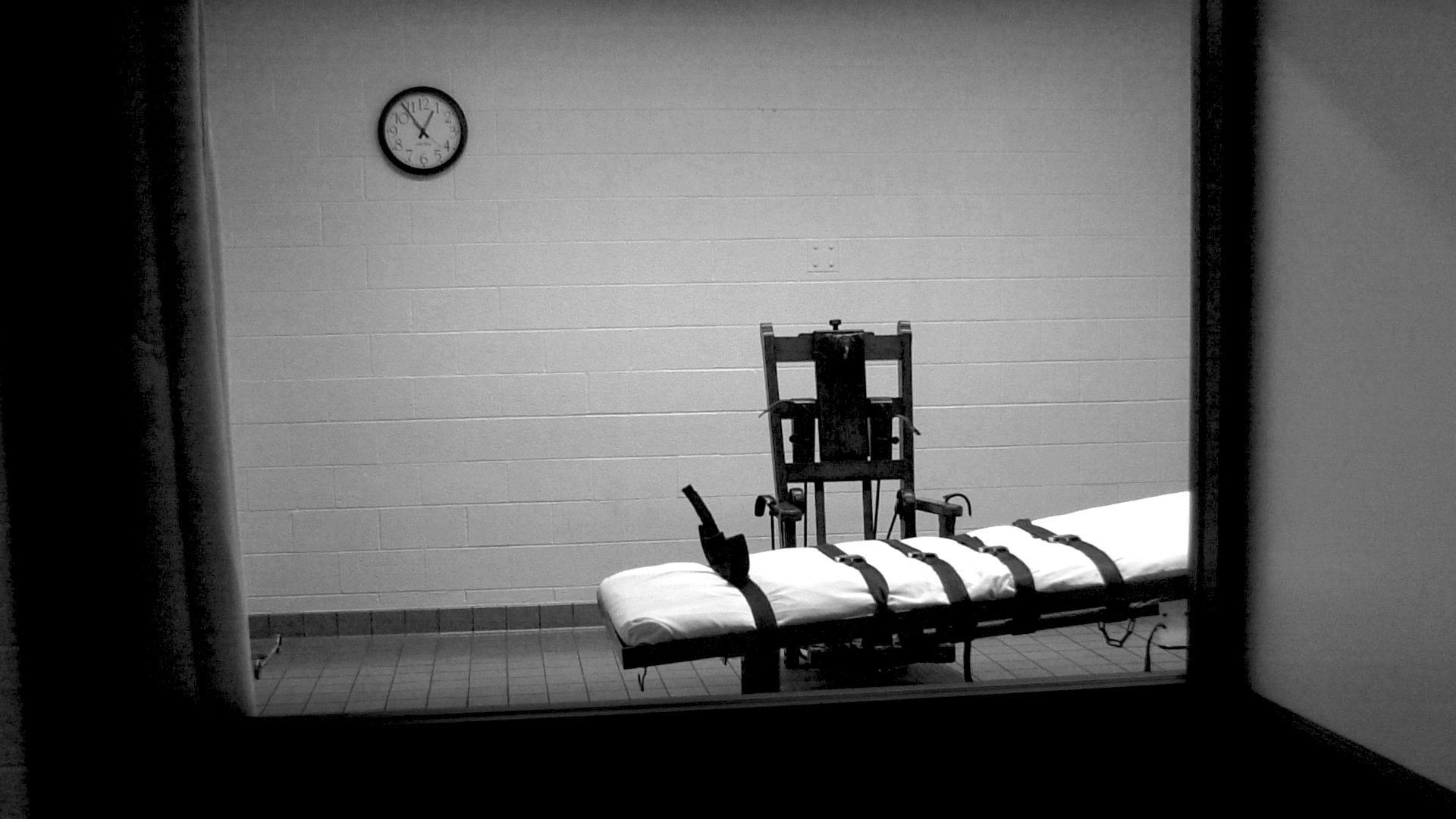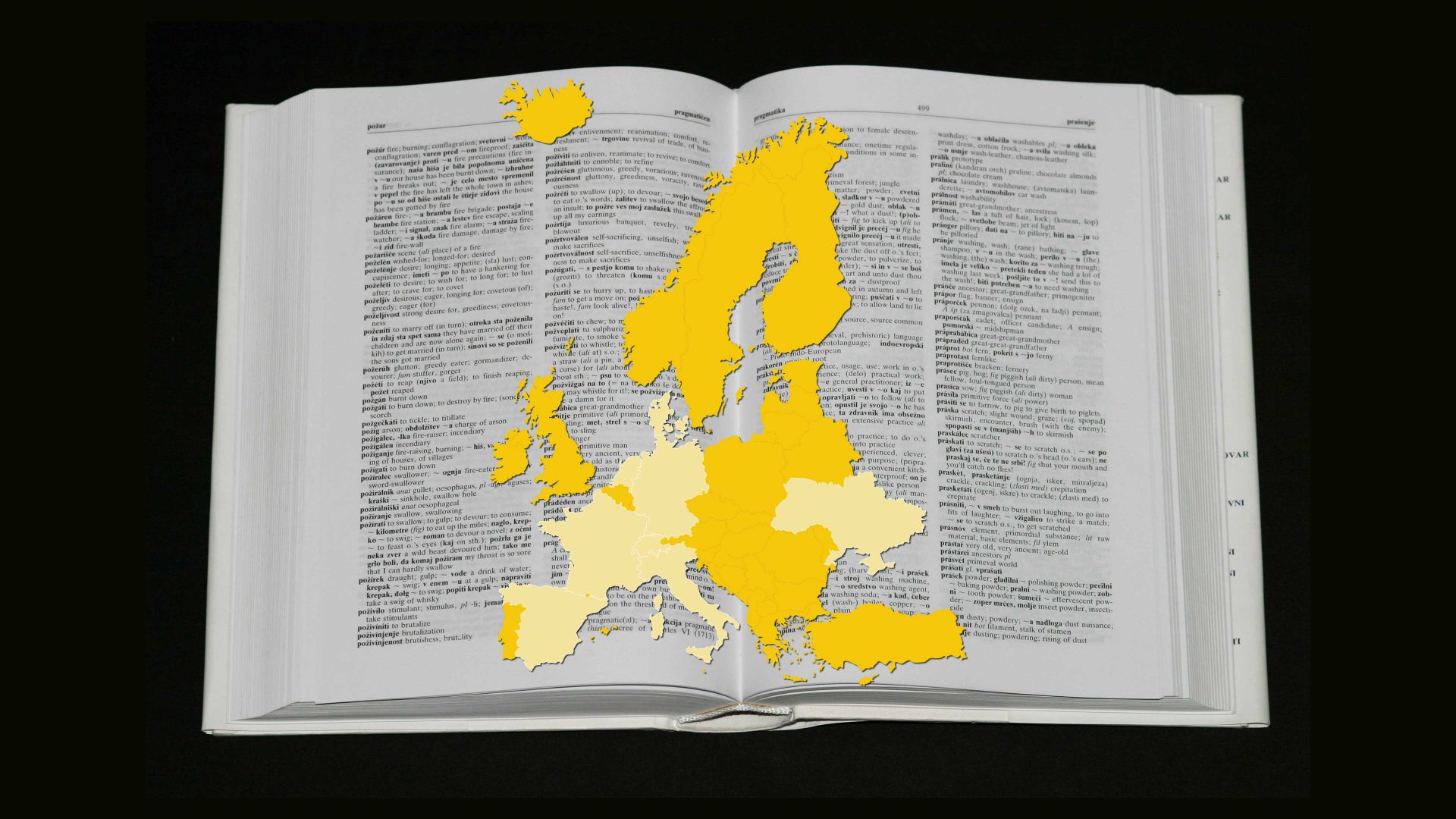As the British right seems to grow even more extreme despite the disaster of Brexit, it’s surely only a matter of time before some politicians start calling for the reinstatement of the death penalty for convicted murderers, or at least for child-killers. Capital punishment is banned by the EU, so I suppose it could even be sold as a “benefit” of Brexit.
Humanitarians across the political spectrum would be appalled by the prospect, and I’m with them. But given that Conservative supporters tend to be in favour (58% pro the death penalty in contrast with 23% of Labour backers, according to a YouGov poll in March 2022), it might be a vote winner.
It’s more than 50 years since anyone was executed in the UK, and there is little evidence that capital punishment would act as a deterrent to most killers, and much to the contrary. That might not worry those in favour of this kind of killing, though, because a significant number of them are out-and-out retributivists: they believe that there is a kind of natural justice in taking the life of a killer, an eye for an eye, a tooth for a tooth. That is lex talionis, the law of retaliation advocated in the Old Testament, and it has wide appeal.
One of the greatest of European philosophers, Immanuel Kant, took a similar line. He argued that if you kill someone, you simply deserve to die. Capital punishment for murderers was the proportionate response of society, he maintained, and for him this was justification enough, whatever might or might not ensue from that. Execution was appropriate, and society’s duty even if it would have no protective or deterrent effect, such as reducing the crime rate. Social consequences were completely irrelevant, and he even asserted that if a society were to be dissolved completely and one murderer was left in prison he should still be taken out and executed before dissolving that society.
Thomas Aquinas, centuries before Kant, also argued in favour of capital punishment. He suggested that a murderer forfeited any right to life, and so could be killed despite a general prohibition on killing. “Thou shalt not kill” didn’t apply when society’s victim was a killer.
Contrast that with George Orwell’s 1931 essay A Hanging, in which he described an execution he witnessed in what was then Burma: “It is curious, but till that moment I had never realised what it means to destroy a healthy, conscious man. When I saw the prisoner step aside to avoid the puddle I saw the mystery, the unspeakable wrongness, of cutting a life short when it is in full tide.”
Is there any way to decide between these two moral stances, one that says killing a killer is a proportionate, justified act, and the other that sees an “unspeakable wrongness” in taking a life, even the life of a murderer?
For the philosopher AJ Ayer, Orwell’s contemporary, moral judgments such as these could be neither true nor false, since there was no adequate way of testing their veracity. There was no empirical test we could do to establish whether statements like “capital punishment is morally wrong” were true or false. Nor were these statements simply tautological (true by definition).
For Ayer, whose approach was known as emotivism, moral judgments were important expressions of an emotional commitment to a position, and an appeal for others to take the same stance, but they were literally meaningless as they couldn’t be verified. His theory was caricatured as a “Boo!/ Hooray! Theory”, because it reduced moral pronouncements to the equivalent of a cheer or a groan. Kant says “Capital punishment, hooray!” and Orwell says “Capital punishment, boo!” But that does seem to be how things are, at least in this case.
I’m with Orwell in detesting execution. Even if I weren’t convinced of the essential wrongness of it, I would still be swayed by the fact that the law makes mistakes, sometimes finding innocent people guilty. There is no redress once someone has been killed. Execution is irreversible. Beyond that, it’s a cruel and unusual punishment that meets brutality with brutality. I firmly believe Britain is a more civilised society without the death penalty, a punishment that played to the worst kind of tabloid vindictiveness. But these are all consequences, and those don’t really matter for someone convinced of the absolute rightness of retribution.
Disconcertingly, I can’t prove conclusively to someone who thinks the risk of error and the cruelty involved in capital punishment are irrelevant factors that they are wrong. I still believe they are wrong, terribly wrong. I dearly hope that Orwellian humanitarianism prevails, but these are dark days.



